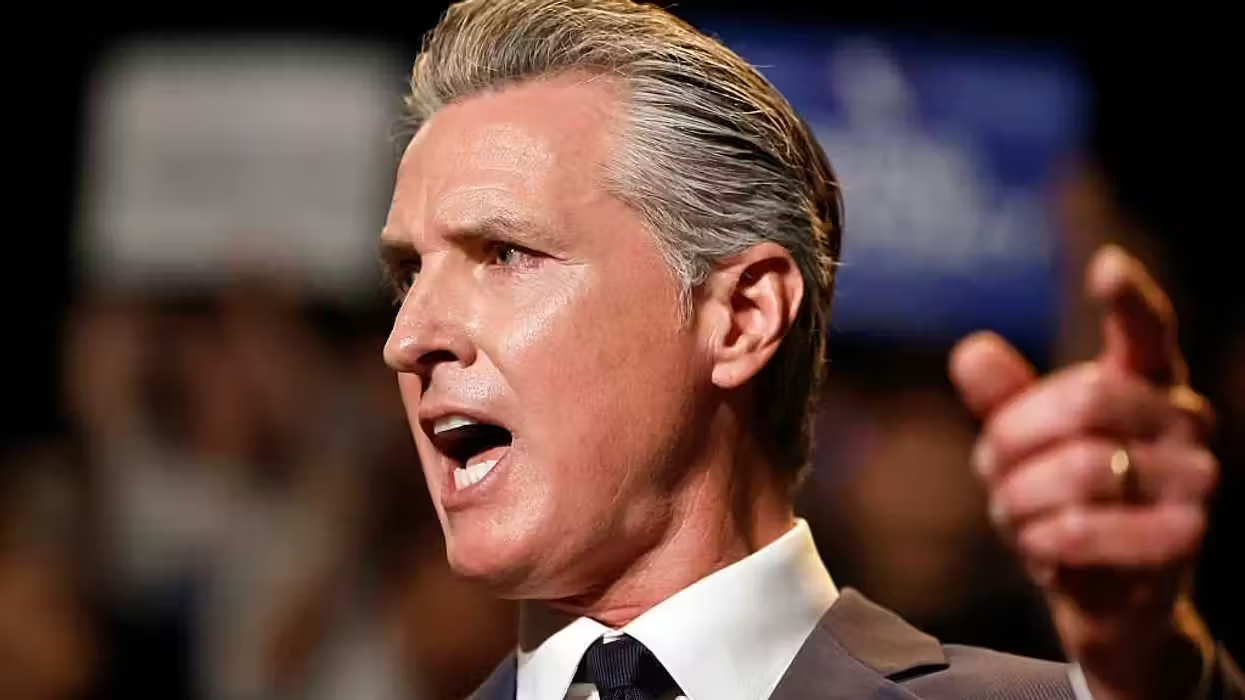Sen. Elizabeth Warren (D-Mass.) is pushing legislation that would spend $51 billion over the next decade bailing out people who have trouble paying down their student loans, and offsetting that cost by raising taxes on high-income earners.
Warren is working toward Senate passage of her Bank on Students Emergency Loan Refinancing Act, which would let people refinance their loans to a 3.86 percent rate for undergraduate loans, and a slightly higher rate for post-graduate loans.
 Sen. Elizabeth Warren (D-Mass) is proposing a student loan bailout, paid for by a new tax hike on the wealthy. Mark Wilson/Getty Images
Sen. Elizabeth Warren (D-Mass) is proposing a student loan bailout, paid for by a new tax hike on the wealthy. Mark Wilson/Getty Images
The Congressional Budget Office reported on Wednesday that her bill would spend $51 billion over 10 years. Warren told reporters Thursday that the bill is needed to millions of families the cost of paying back their loans at high rates.
"Forty million Americans are dealing with student loan debt," she said. "Today, it's causing young people not to be able to save up money to buy a home, not be able to start a small business, not be able to make the purchases that move this economy forward."
Her bill pays for the cost of the bailout in a way that congressional Republicans are sure to resist. It proposes a minimum tax of 30 percent for high-income earners, a rate that would start to be phased in once income hits $1 million a year.
According to CBO, that tax hike would increase federal revenues by $72 billion over the next decade. As a result, her bill would reduce the deficit by about $22 billion over 10 years.
But like so many bills that promise to trim the deficit, Warren's bill appears to do more spending than saving at the beginning. CBO said that from 2015 to 2019, the bill would increase deficits by $19 billion, and the $22 billion in deficit reduction would only happen after 10 years.
Democrats call this tax hike the "Buffett" tax, after famed investor Warren Buffett, who once said he pays a lower effective tax rate than his secretary. But House Republicans have rejected this proposal over the past few years, and some have suggested a compromise proposal — the addition of a line on federal tax forms that let wealthy people donate more of their money to the government, voluntarily.
Read the CBO's analysis here:
cbowarren

 Sen. Elizabeth Warren (D-Mass) is proposing a student loan bailout, paid for by a new tax hike on the wealthy. Mark Wilson/Getty Images
Sen. Elizabeth Warren (D-Mass) is proposing a student loan bailout, paid for by a new tax hike on the wealthy. Mark Wilson/Getty Images






